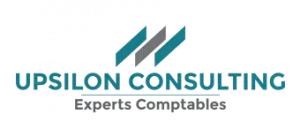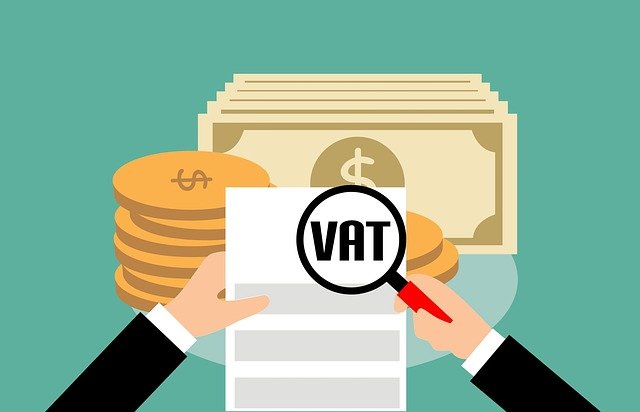VAT in Morocco: Quick summary
VAT in Morocco is an ad valorem tax applicable to sales of goods and services.
Indeed, according to article 87 of the CGI, VAT in Morocco is applied on the turnover resulting from:
- First, commercial, and industrial transactions (including crafts);
- Second, on provision of services (including liberal professions);
- Third, on import transactions
In general, VAT is applied to almost all of the sales of a company.
VAT in Morocco – What transactions are out the scope of application?
The law excludes from the scope of application of VAT in Morocco :
- First, agriculture related transactions
- Second, non-industrial and non-commercial transactions
- Third, transactions of a civil nature
When a transaction is out of VAT scope, it means that:
- First, the company cannot charge VAT on the said transaction.
- Also, the company supports the VAT invoiced by its suppliers, which she records as expenses.
What transactions are VAT exempted
There are generally two types of VAT exemptions:
VAT – exemption without the right for deduction
The treatment of VAT exemption without the right for deduction is the same as the one of transactions out of VAT scope. As such,
- First the company cannot invoice VAT on sales
- And it supports VAT invoiced by its suppliers
Example: Bread, milk, raw sugar…
VAT – exemption with the right for deduction
In this case, the exemption with right to deduct VAT means that :
- First the company cannot invoice VAT on sales
- Then, the company does not incur VAT invoiced by its suppliers. In fact, the company can:
- First, apply it to VAT collected on other taxable activities;
- Second, benefit from the suspensive regime of the VAT;
- Third, benefit from VAT reimbursement
What does VAT deduction mean?
VAT deduction means that taxable and/or exempt companies with the right to deduct VAT can recover the VAT charged by their suppliers.
Indeed, a company must prepare a VAT return in which :
- It totals the amount of VAT it has collected from its customers;
- It totals the amount of VAT it has paid to its suppliers.
The VAT due is equal to the difference between the invoiced VAT and the deductible VAT (also called recoverable VAT).
For more details on the principle of VAT deduction read: : Article 101 – Principe déduction de TVA.
Non-deductible VAT in Morocco
Some purchases, however, do not give the right to deduct VAT. These are mainly :
- First, goods, products, materials, and services not used for operating purposes (including non-operating premises);
- Second, vehicles for the transport of persons, (except those used for the needs of public transport or collective transport of personnel); The exclusion also affects the fuel used in these vehicles;
- Third, mission and hospitality expenses;
Read : Article 106 – Opérations exclues du droit à déduction
VAT rates in Morocco
The standard VAT rate in Morocco is 20%. However, some products are taxable at specific rates.
VAT rate of 7%:
- Drinking water, and water and electricity meters;
- Pharmaceutical products and their packaging;
- School supplies
- Refined sugar
- …
VAT rate of 10%:
- Accommodation and hotel services
- Restaurants
- Banking fees
- Marketing of works of art
- Rice and pasta
- …
VAT returns
Persons subject to VAT in Morocco must submit:
- Quarterly returns, if the turnover does not exceed 1 million dirhams
- Monthly returns otherwise
These returns are to be submitted via the SIMPL TVA platform (the online platform the Moroccan tax administration)
Accounting obligation
Companies subject to VAT must:
- Do their Accounting according to the standards in force in Morocco;
- Issue invoices compliant with regulations.
READ ALSO:
1- VAT Territoriality : what you should know
2- VAT credit refund in Morocco
Read in French : TVA au Maroc



